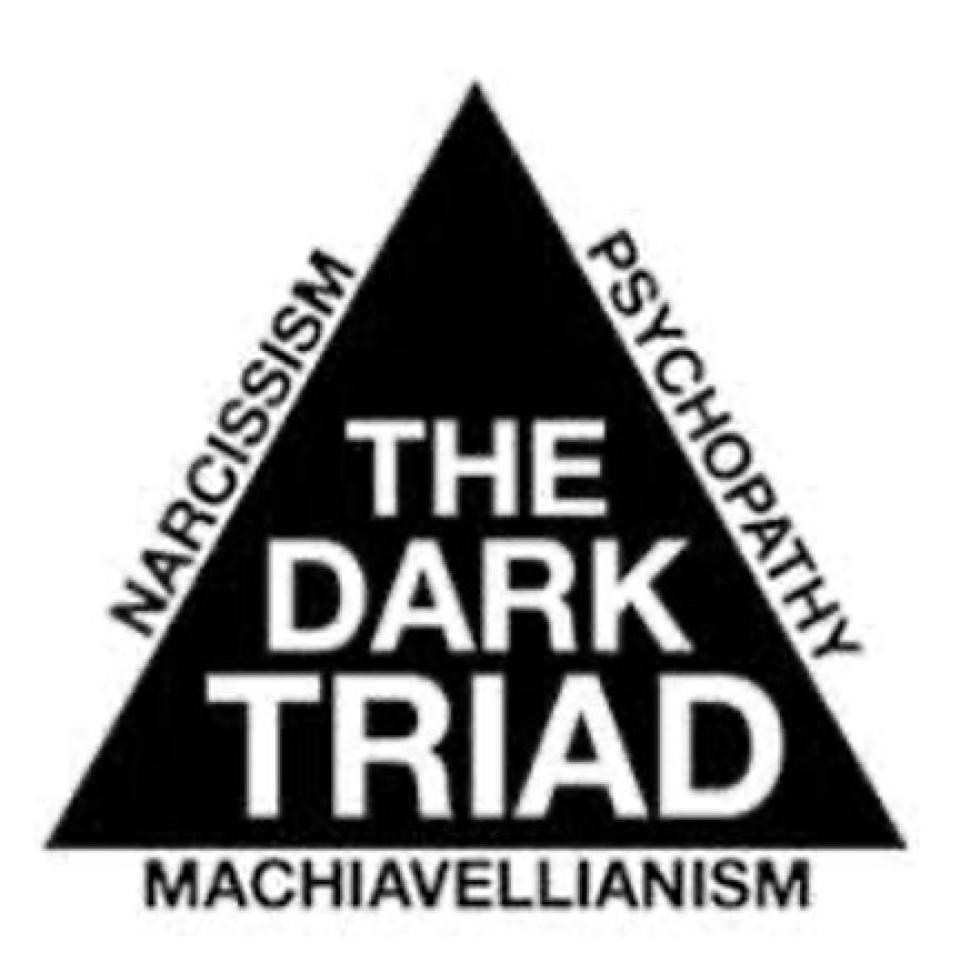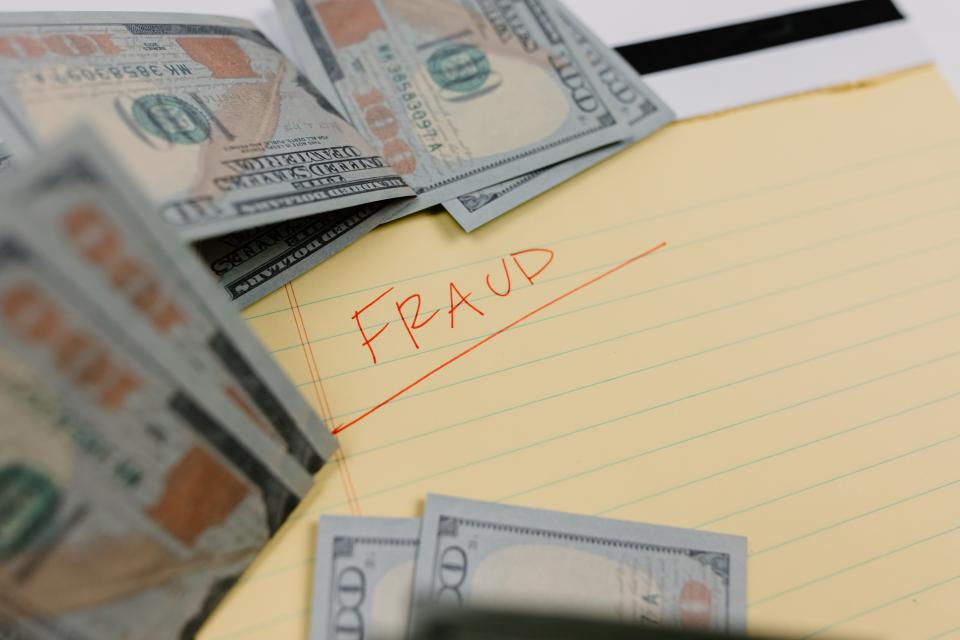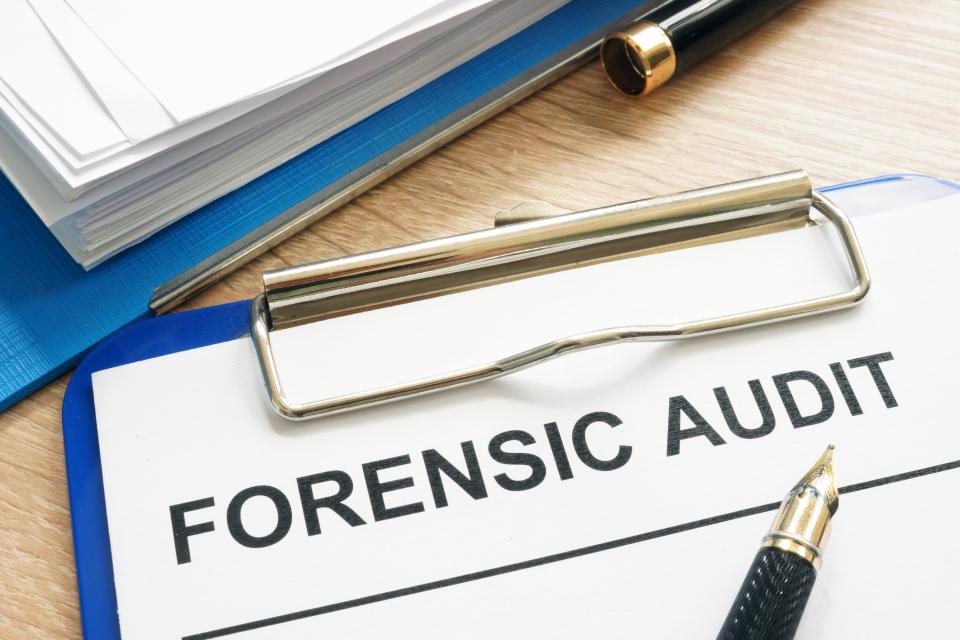Lessons Learned from the FTX Implosion
How accounting ethics can give insight on a mega cryptocurrency fraud

It was the fall of 2022, and it was becoming increasingly apparent that the economy was slowing down and cryptocurrencies were receiving more regulatory scrutiny than ever before.
Questions like these began to arise:
- Was crypto a security and thus subject to oversight by the Securities and Exchange Commission (SEC)?
- Was crypto a currency and thus subject to oversight by the Commodity Futures Trading Commission (CFTC)?
- What other implications could crypto have on the world of financial regulations?
We discussed both the economy and regulatory questions surrounding cryptocurrency in my Accounting Ethics and Forensic Accounting course at UC Davis early in the fall.
I wanted to do this for several reasons.
First, these issues are likely to be part of the accounting world my students will address after graduation.
Second, it is more fun to study current events than get mired down in too much accounting history and ethical principles. Do not misunderstand me: the topic of accounting ethics is embedded in my class, but I think the actual study and application of the ethical principles to current events and prior cases are critical to the learning process.
As luck would have it, as the fall quarter progressed a scandalous, real-world example came our way—the implosion of Futures Exchange or FTX Trading Ltd.
About FTX
For those who may not be familiar with the FTX scandal, here is a quick summary.
FTX was a cryptocurrency exchange and crypto hedge fund that was founded in 2019 by Sam Bankman-Fried and Gary Wang. At its peak in July 2021, it had more than one million users and was the third-largest cryptocurrency exchange by volume. Then, in early November 2022, a news article caused public concern about the company’s validity and mass withdrawals ensued. Unable to meet this demand, the company filed for bankruptcy on November 11, 2022, and Bankman-Fried was arrested in December of that same year. Criminal and civil complaints were filed by the U.S. Department of Justice, SEC and CFTC followed shortly thereafter against Bankman-Fried and his lieutenants.
Asking Hard Questions
To initiate the discussion of FTX, I had my MPAc class start by identifying the key players in this fraud. At least four CPA firms were involved with FTX prior to the bankruptcy, two of which conducted audits of two of the FTX entities.
Together we began to ask: How did the CPAs and many other professionals miss the apparent fraud and misrepresentations? An even broader question was, how did all of the sophisticated (and unsophisticated) investors also miss the fraud and misrepresentations? How could have this occurred when one considers how the public holds the accounting profession to high standards and expectations?
The above questions about fraud and misrepresentations will be litigated for quite some time; but the goal of the accounting ethics program at GSM is to arm my students with tools that should enable them to ask hard questions. I want them to be aware and beware of their own blind spots whether they are involved in a quagmire like the FTX mess or another one of life’s awkward, uncomfortable situations.
We start the quarter with a grounding of key concepts embedded in the Code of Professional Conduct including Professional Judgment and Professional Skepticism. The next step involved the application of those concepts to case studies and current events such as the FTX bankruptcy.
Identifying blind spots
Of equal importance, I had my students complete a personal assessment of what is known as one’s ethical lens (i.e., results, responsibilities, relationship and reputation), and identify where they might fall in this matrix. I challenged them to take a hard look at their personal blind spots because the more you about how you react to ethical situations, the better prepared you will be to identify and examine ethical dilemmas. We then applied this personal knowledge throughout the course.
Analysis through two triangles

We then studied the Fraud Triangle, which consists of three elements: pressure, rationalization and opportunity to commit fraud. I personally prefer the study and application of the Dark Triad, which also consists of three elements: narcissism, psychopathy and Machiavellianism.
You may be saying to yourself, ‘Accounting ethics, narcissism, psychopathy and Machiavellianism all in the same class?!’ Yes, we use psychology concepts in our accounting ethics case studies. The psychology concepts include cognitive dissonance (what you see conforms with what you want to see) and confirmation bias (you find proof to support your original belief). These are all environmental factors that may impede your exercise of good ethical behavior in your new professional world.
As I tell my students: Yes, you should become a little neurotic. While most people you encounter in your life are honest and ethical, there are situations that may cause others (and possibly you, yourself) to sway from one’s inner moral compass. It is your responsibility to be aware of the ethical traps.
The FTX Crash
Little did anyone expect just how fast a multi-billion enterprise would collapse between November 2, 2022, when FTX financial statements were leaked to the press and a bankruptcy would be filed on November 11, 2022 — a mere nine days later! After prior CEO, Sam Bankman-Fried, resigned on November 11, 2022, he was immediately replaced by John Ray, a seasoned executive who had prior restructuring experience including the unwinding of the Enron bankruptcy. Ray set the stage for the magnitude of the problems with the FTX empire when he filed his first report to the Bankruptcy Court and stated:
Never in my career have I seen such a complete failure of corporate controls and such a complete absence of trustworthy financial information as occurred here. From compromised systems integrity and faulty regulatory oversight… to the concentration of control in the hands of a very small group of inexperienced, unsophisticated, and potentially compromised individuals, this situation is unprecedented.
(Source: FTX Trading Ltd, et al., Declaration of John J. Ray III in Support of Chapter 11 Petitions and First Day Pleadings.)
Shortly thereafter, Ray testified before the House Financial Services Committee. It was then we learned the accounting system used by FTX was QuickBooks! To add to the complexity of the FTX bankruptcy, Ray testified that:
[In prior reorganizations] all of the situations share common characteristics, ranging from gross mismanagement, excessive leverage, failures of internal controls, failures of external checks as a result of audit firm failures, or insufficient board governance. But never in my career have I seen such an utter failure of corporate controls at every level of an organization, from the lack of financial statements to a complete failure of any internal controls or governance whatsoever.
(Source: Testimony of Mr. John J. Ray III, CEO, FTX Debtors, December 13, 2022, House Financial Services Committee.)
I lived through the Enron collapse and the real estate crash of 2008; all of this seemed so familiar because it was a repeat performance in so many respects. The effects of the FTX crash, just like the prior crashes, will be with us for some time as the Congressional Hearings proceed, the criminal and civil litigation evolves, and efforts are undertaken to prevent such a crisis from occurring again in the future. There will be many lawyers and forensic accountants involved in FTX bankruptcy-related matters for many years.
Already I am being asked to engage in discussions about this fraud with other organizations to see what we can learn from it.
On January 26, 2023, I was a co-presenter before the CalCPA Forensic Services Steering Committee on the topic “The FTX Bankruptcies: We Have Seen This Mess Before.” Other presenters were Ron Durkin, a former FBI agent, and whose last position was as the Forensic Investigations Leader for the international CPA firm, KPMG; Paul Regan, a partner with the CPA firm of Hemming Morse LLP and one of the premier forensic accountants in the nation who has worked on just about every major fraud in the U.S. for the past 30 years as a plaintiff’s expert; and me, in my primary role as an accounting defense expert.
Key Learning Points
Good people may be in the wrong place, at the wrong time, and may inadvertently deviate from their moral compass. But that is precisely why I have structured my accounting ethics course the way that it is. I want my students to know: if you understand your blind spots, appreciate your core ethical values, and understand that some people are wired differently than you (The Dark Triad), you may not be impeded from exercising your professional judgment and professional skepticism. With your knowledge of your personal cognitive dissonance and confirmation biases, you hopefully will be able to disassociate from these people and identify frauds and misrepresentations.


